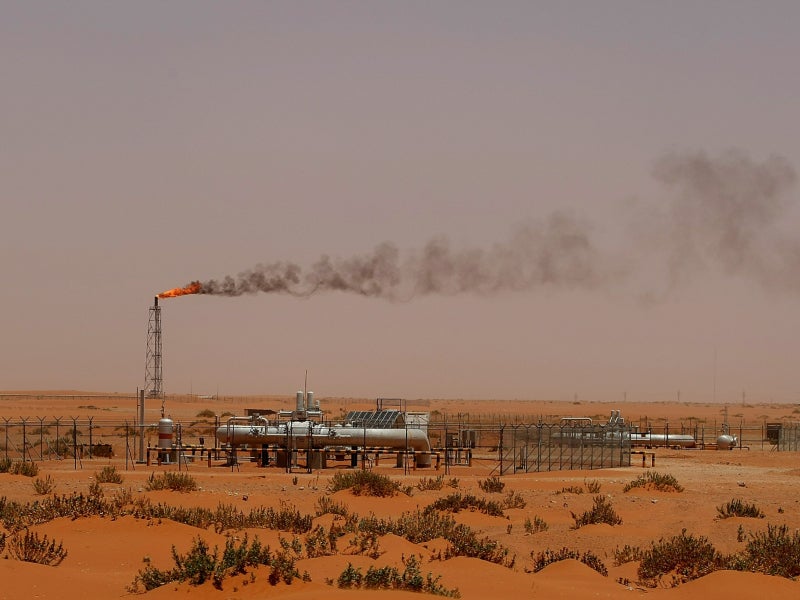
A plan by the OPEC+ group to curtail oil supplies has resulted in higher crude prices, which could lead to a global recession, the International Energy Agency (IEA) warned.
Saudi Arabia leads the group of 13 countries that make up the Organization of the Petroleum Exporting Countries (OPEC). Russia is one of the additional 10 oil-exporting nations that make up OPEC+. Last week, the group decided to reduce its production target by 2 million barrels per day (mb/d).

Discover B2B Marketing That Performs
Combine business intelligence and editorial excellence to reach engaged professionals across 36 leading media platforms.
The IEA said most of the alliance’s members already produce below maximum capacities. The fall in OPEC+ output will be less than the previously announced 2mb/d reductions in production targets.
The agency’s report warned that the cut in oil supplies increases global energy security risk. The report said: “Even [considering] lower demand expectations, it will sharply reduce a much-needed build in oil stocks through the rest of this year and into the first half of 2023.”
The IEA estimates that OPEC’s crude oil output will fall by around one mb/d from November, with larger cuts from Saudi Arabia and the UAE.
According to the IEA, additional output cutbacks could come from Russia in December when an EU ban on crude oil imports and maritime services takes full effect. It said: “Russian officials have threatened to cut oil production in order to offset the negative impact of proposed price caps.”

US Tariffs are shifting - will you react or anticipate?
Don’t let policy changes catch you off guard. Stay proactive with real-time data and expert analysis.
By GlobalDataThe IEA predicted that global oil demand will rise by 1.7 mb/d in 2023, down from an estimated 2.1 mb/d in last month’s report. Demand will increase by 1.9 mb/d this year, reaching 99.6 million barrels of crude.
The report continued: “Commercial and residential consumers are taking measures to reduce their energy bills, and those efforts could have a lasting impact on oil markets.”
Toril Bosoni, IEA head of oil markets, told Bloomberg TV: “We already see monthly falls in the economy in Europe and the US. The report [says that] the macroeconomic environment may deteriorate further as higher prices [feed] into inflation, [and forces] governments to reduce interest rates.”





